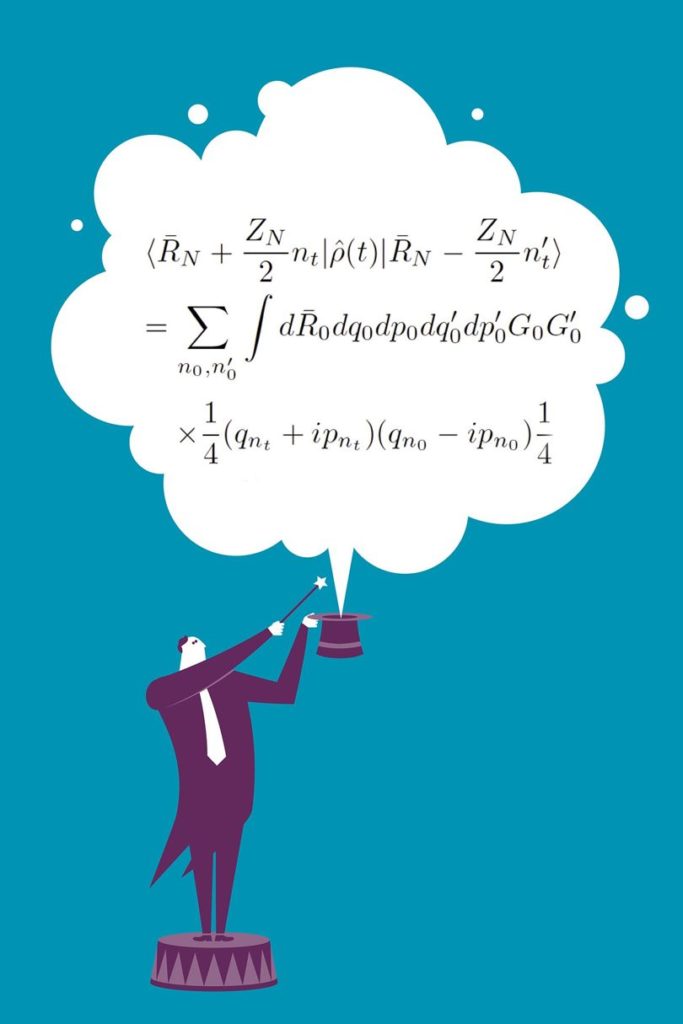He vist a Wired la notícia The science of magic: how tricks are changing real-life research, sobre una conferència de fa un any, el 2016, sobre la ciència de la màgia que va haver-hi a la University of London: Science of Magic Workshop. Es tracta d’una trobada fonamentalment relacionada amb l’ús de la màgia en psicologia i en neurociència. Resum:
For centuries, magicians have been developing powerful techniques that exploit limitations in human cognition, leaving us both wowed and baffled. But is it also possible that science could use magic to help us understand the brain?
Per exemple, Wired diu de l’organitzador, el psicòleg Kunn:
Many attendees were a hybrid of academic and magician. Conference convenor Gustav Kuhn is a senior lecturer in psychology at the south London university, but he’s also been a semi-professional magician since his teens. While the psychological principles used by magicians helped trigger his career path, he realised not far along in his studies that one could inform the other. “I started to draw these links between magic and psychology,” he said. “Quite a lot of the questions that magicians are interested in are actually really quite similar to the kind of things that psychologists study as well.”
For example, misdirection. “Magicians are interested in manipulating someone’s attention, and similarly a lot of cognitive psychologists are interested in what captures peoples’ attention,” Kuhn noted.
Una pregunta interessant que es van fer a aquest workshop va ser si la màgia es pot considerar com a ciència:
Should we simply carry on using magic tricks to create more interesting experiments as part of other areas of study, some ask — or do we need a separate ‘science of magic’?
While the latter of the two may start to leak into ideas of “true magic” and the paranormal, University of BC professor Ronald Rensink suggested it has more in common with the emerging science of consciousness — studying a phenomenon we can’t always measure, but know is there.
On the other side of the debate, Peter Lamont, senior lecturer at the University of Edinburgh and former president of the Edinburgh Magic Circle, argues there’s no question of the utility of studying magic — whether as part of experiments into other areas or directly — but that it doesn’t need its own branch of science, or an overarching scientific theory of magic. “I don’t see what we get from this, a scientific theory of effects and methods… I don’t see what this gives us,” he said.
Alongside the fact he sees little point to the “science of magic,” there’s the challenge of making it work. Magic is full of “endless gradations” because the intent of a trick depends on the performer, making it difficult to describe, measure and compare — rather key aspects to science.
No és pas fàcil, fins i tot, definir què és un “efecte” en màgia. Però en el nostre cas, segur que som científics:
Is the yellow ball trick Lamont used in his own lecture an example of transposition, misdirection, vanishing or something else — “a few words changes the effect”, he notes, pointing out that the inability to name or distinguish makes it difficult to develop a scientific theory of magic. “At what point do we say it’s no longer the same trick, but a different trick,” he asked. “I don’t see what the criteria would be to come up with a more natural division here.”
That may seem a small point to disagree on, but it’s at the centre of the scientific side of the proposed “science of magic”. And these academics may like performing tricks — including during their lectures — but they’re scientists too, after all.
Molt interessant el que diu Wired, doncs.
